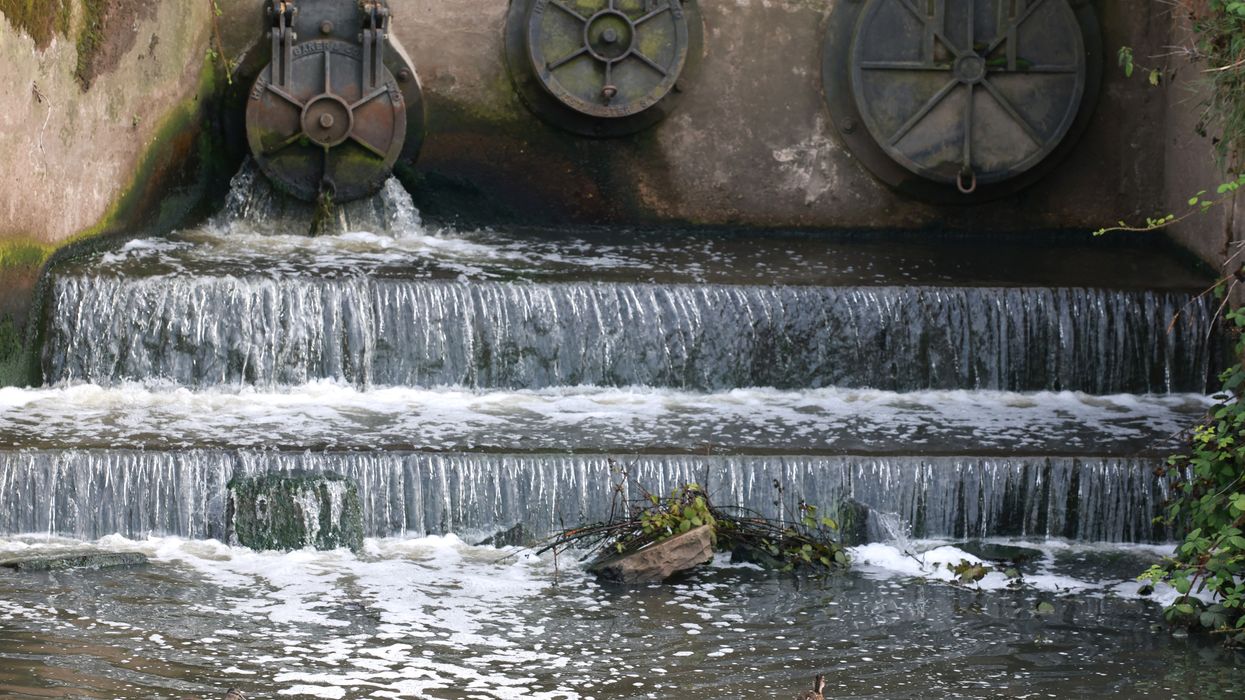Highlights:
- New regulator to replace Ofwat under Labour’s reform agenda
- Thames Water crisis prompts acceptance of major review recommendations
- £100 billion investment planned with average 36 per cent rise in customer bills
- Nationalisation of Thames Water not ruled out but deemed costly
THE UK government will create a new regulator for the water industry in response to public anger over sewage spills. The move accepts a central recommendation of an independent review, which also proposed easing pollution fines to help struggling companies stay afloat.
The Labour government, which pledged water industry reforms after coming to power last year, said the new regulator would merge several existing ones to better serve the environment, consumers, and investors.
In England and Wales, the privatised water sector has faced widespread criticism over record sewage discharges into rivers and lakes, under-investment, and continued executive bonuses and dividends.
The government now faces the challenge of turning around a sector where high levels of debt have left some companies close to collapse.
Thames Water, the country’s largest water supplier with 16 million customers and £17 billion in debt, is at risk of nationalisation and has said it cannot afford to pay the sewage-related fines it faces.
Crisis at Thames Water
Jon Cunliffe, former deputy governor of the Bank of England, led the review published on Monday. He recommended the creation of a new regulator to replace several current bodies and the introduction of a formal turnaround framework that allows for "regulatory forbearance" to give companies room to recover.
Environment secretary Steve Reed confirmed that financial regulator Ofwat would be scrapped under the planned changes. A consultation and new legislation are expected later this year.
However, when asked whether Thames Water could be given flexibility on fines — a key request from its bondholders aiming to take over the company to avoid nationalisation — Reed said current laws did not allow for that.
"We're going to publish a white paper in the autumn, which will be our response to Jon's report today, and then consult, but as things stand, Thames need to resolve the situation themselves as a stand-alone, private company."
Thames Water has said it may collapse next year without new investment. It faces £1.4 billion in pollution fines and penalties over the next five years.
Industry reset
Cunliffe’s proposals represent the biggest overhaul of the sector since privatisation in 1989. Some environmental campaigners said the recommendations did not go far enough and called for the entire industry to be brought into public ownership.
"Abolishing Ofwat and replacing it with a shinier regulator won't stop sewage dumping or profiteering," said Giles Bristow, CEO of Surfers Against Sewage.
Cunliffe was not authorised to explore nationalisation. Reed said such a move would cost £100 billion, reduce funding for health and education, and trigger legal disputes that would delay improvements.
Under existing plans announced by Ofwat, over £100 billion will be invested by British water companies over the next five years to address rising demand and climate change. This will be funded through a 36% average rise in customer bills, which Reed described as a one-off.
Reed also said the government was ready for special administration — a temporary form of nationalisation — for Thames Water, but that this would add the company’s debt to the national balance sheet.
"My hope and expectation is that the creditors will come to an agreement themselves," he said.
(With inputs from agencies)





